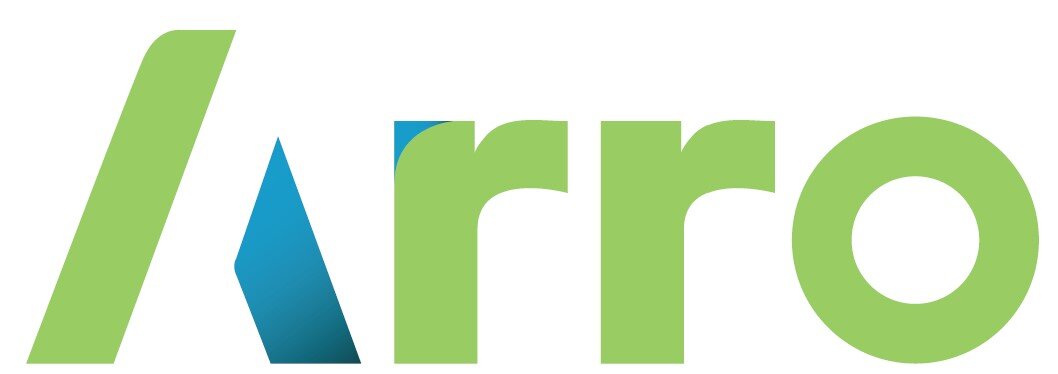“Storm in a Teacup” on changes in Exchange Control Allowances
With effect from 24 April 2023, the South African Revenue Service enhanced the Tax Compliance Status system in which the TCS Pin letters are issued. This is no way amended, updated or replaced any matter with regards to exchange controls or commonly known as “Excon”. Effectively the only change was the replacement of the so-called and separate “Emigration” and “Foreign Investment Allowance” TCS Pin, with one consolidated TCS Pin (other than the existing TCS Pin in relation to a general good standing of tax affairs) now called “Approval International Transfer”.
An application to obtain this new TCS Pin or AIT does require the submission of additional information and supporting documentation but provided one’s tax affairs are in order and their source of funds is legitimate, one will be able to continue to make capital transfers not only up to R10million per calendar year but beyond that amount as well.
Although the TCS Pin or AIT is a prerequisite to transfers funds abroad that exceed R1million per calendar year per individual, Excon is governed by a separate set of measures that were introduced by way of the Excon Regulations ("Regulations"), as promulgated by Government Notice R1111 of 1 December 1961, as amended from time to time, and issued in terms of the Currency and Exchanges Act. Excon essentially prohibits the dealings in foreign exchange except where approval has been given but subject to any conditions set by South Africa's National Treasury. The objective of Excon is thus to control the flow of capital into and out of South Africa and to prevent the export of capital by South African residents.
The administration of Excon has been delegated to the South African Reserve Bank (“SARB”) and is administratively performed by the Financial Surveillance Department of SARB ("FinSurv"). Certain powers, set out in the Excon Circulars ("Circulars"), have been delegated to authorised dealers (“ADs”) in foreign exchange i.e. main banks licensed to deal in foreign exchange. These Circulars are publicly available and express the discretions by FinSurv and in some cases are merely interpretative.
The website of the SARB contains the Currency and Exchanges Manual for ADs (“Manual”), which “contain the permissions and conditions that apply to transactions in foreign exchange that may be undertaken by ADs and/or on behalf of their clients in terms of Excon Regulations 2(2), details of related administrative responsibilities as well as the FinSurv's reporting requirements. The Manual must be read in conjunction with the Excon Regulations. ADs may transact without referring to the FinSurv, provided such transactions are permitted in terms of this Manual.” This Manual is a general Excon guideline and does not replace or supersede the Regulations, and importantly is not law. The Manual is merely a summary of the various Regulations and the FinSurv’s interpretations thereof.
The Regulations do not define, nor do they even refer to "allowance", “single discretionary allowance” or “foreign capital allowance”. Although these non-legislative terms are only referenced and discussed in the Manual, they essentially pertain to Regulations 10(1) (c) whereby,
"10(1) No person shall, except with permission granted by the Treasury and in accordance with such conditions as the Treasury may impose –
(a) …
(b) …
(c) enter into any transaction whereby capital or any right to capital is directly or indirectly exported from the Republic.”.
In particular, the Manual defines a “single discretionary allowance” as “the R1 million allowance available to residents (natural persons) 18 years and older per calendar year”. Per Section B.4 of the Manual, South African residents are permitted to utilise their single discretionary allowance within an overall limit of R1 million per individual per calendar year WITHOUT the requirement to obtain a tax compliance status PIN letter (“TCS PIN”), and which may be used for any legal purpose outside South Africa.
On the other hand, section B.2(B) of the Manual essentially deals with the so-called “foreign capital allowance” whereby South African residents are permitted to utilise a foreign capital allowance within an overall limit of R10 million per individual per calendar year BUT WITH the requirement to obtain a TCS PIN, and which in most cases may be used for any legal purpose outside South Africa.
It also important to note that South African residents can export capital of a value more than R10 million provided again that a TCS PIN is obtained but this also requires specific approval from the FinSurv.
As can be seen from the above, all such capital transfers and/or allowances, other than the single discretionary allowance, require a TCS Pin. Neither the Regulations nor the Manual discuss or define what the process is to obtain such TCS Pin. It is at this point where Excon and tax intersect with one another.
Those looking to transfer funds broad will benefit greatly from speaking to an experienced advisor that not only specialises in only Excon and tax, but how these two areas are to be collaborated with one another.

